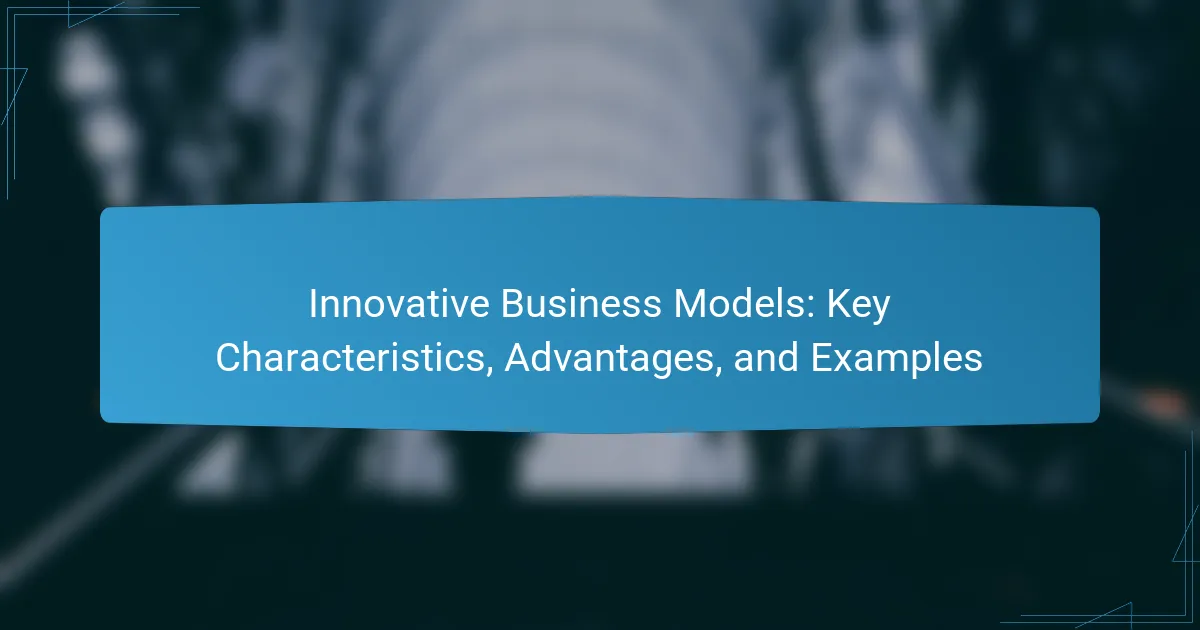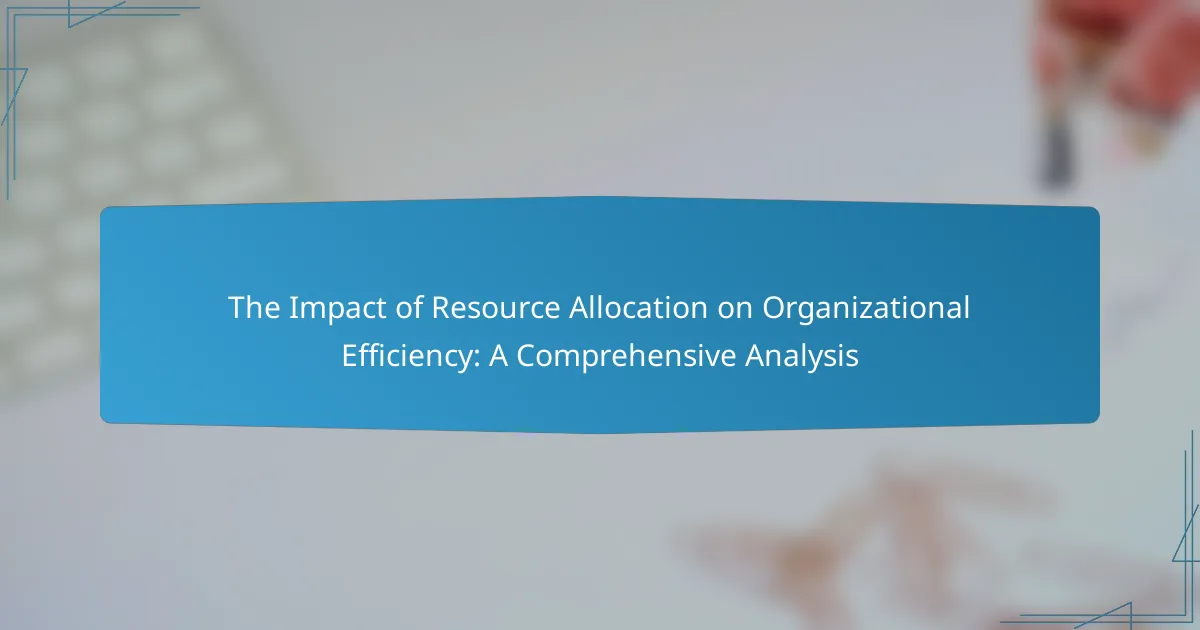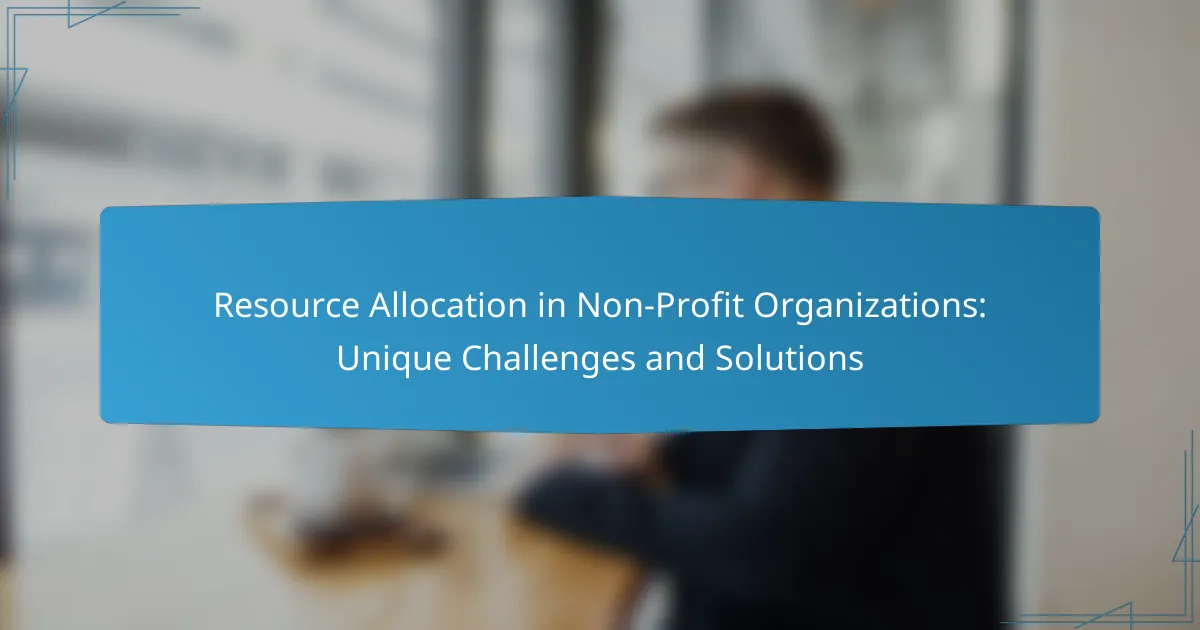Resource allocation in non-profit organizations presents unique challenges due to limited funding, diverse stakeholder expectations, and regulatory compliance. Non-profits often rely on unpredictable donations and grants, complicating long-term planning and resource distribution. To address these challenges, organizations can implement strategies such as prioritizing impactful programs, enhancing collaboration, diversifying funding sources, employing data-driven decision-making, and investing […]

The Impact of Brand Loyalty on Consumer Behavior: Psychological Drivers and Economic Outcomes
Brand loyalty is a crucial factor that significantly influences consumer behavior, leading to repeat purchases and a reduced likelihood of switching to competitors. Key psychological drivers of brand loyalty include emotional connection, trust, perceived value, and social identity, all of which enhance customer retention and encourage word-of-mouth marketing. Research indicates that strong brand loyalty can […]

Franchise Business Models: Operational Framework, Brand Consistency, and Growth Potential
Franchise business models enable individuals to operate businesses under established brands, with franchisors granting franchisees rights to trademarks and business methods in exchange for fees and royalties. These models promote brand consistency and operational efficiency through standardized processes and training, resulting in improved service quality and reduced costs. The franchise sector significantly contributes to the […]

Examining the Relationship Between Consumer Trust and Brand Reputation: Key Attributes and Economic Impact
Consumer trust and brand reputation are crucial factors influencing economic performance and customer behavior. High consumer trust enhances brand reputation, leading to increased recommendations and loyalty, while a poor reputation can diminish trust. Key attributes of consumer trust include transparency, reliability, and consistency, whereas brand reputation is shaped by quality, customer service, and social responsibility. […]

Innovative Business Models: Key Characteristics, Advantages, and Examples
Innovative business models are unique frameworks that create, deliver, and capture value in new ways, often challenging traditional methods by integrating new technologies. Key examples include subscription services, platform-based models, and freemium offerings, which enhance customer engagement and generate additional revenue streams. Companies like Airbnb, Netflix, and Tesla exemplify the impact of these models, demonstrating […]

Evaluating Resource Allocation Frameworks: Best Practices and Common Pitfalls
Resource allocation frameworks are structured methodologies that organizations use to distribute financial, human, and physical resources effectively. This article evaluates various resource allocation frameworks, including priority-based, cost-benefit analysis, and zero-based budgeting, highlighting their unique applications and methodologies tailored to organizational needs. Best practices for evaluating these frameworks emphasize the importance of clear objectives, stakeholder involvement, […]

Behavioral Economics: Insights, Influences on Decision-Making, and Practical Examples
Behavioral economics is a field that merges psychology and economics to understand how psychological factors impact economic decision-making. It challenges traditional economic theories by demonstrating that emotions and cognitive biases, such as loss aversion, significantly influence choices, often leading to irrational behaviors. Key concepts include the impact of social factors and emotional responses on decision-making, […]

Price Elasticity of Demand: Understanding Consumer Response and Market Strategies
Price elasticity of demand (PED) quantifies the responsiveness of the quantity demanded of a good to changes in its price. The article explains how PED is calculated, with a focus on the implications of elastic and inelastic demand for businesses. It highlights strategies that companies can adopt based on the elasticity of their products, including […]

The Impact of Resource Allocation on Organizational Efficiency: A Comprehensive Analysis
Resource allocation is a critical factor influencing organizational efficiency. Effective resource allocation leads to optimal utilization, resulting in reduced waste and enhanced productivity. Research indicates that organizations employing strategic resource allocation can achieve significant operational efficiency gains, such as a 30% increase noted in studies. Additionally, well-allocated resources contribute to improved employee satisfaction and performance, […]

Keynesian Economics: Overview, Core Principles, and Policy Implications
Keynesian economics is an economic theory formulated by John Maynard Keynes, emphasizing the necessity of government intervention to stabilize the economy. Central to this theory is the concept that aggregate demand is the primary driver of economic growth and employment. Key principles include the multiplier effect and the significance of consumer confidence, which suggest that […]
